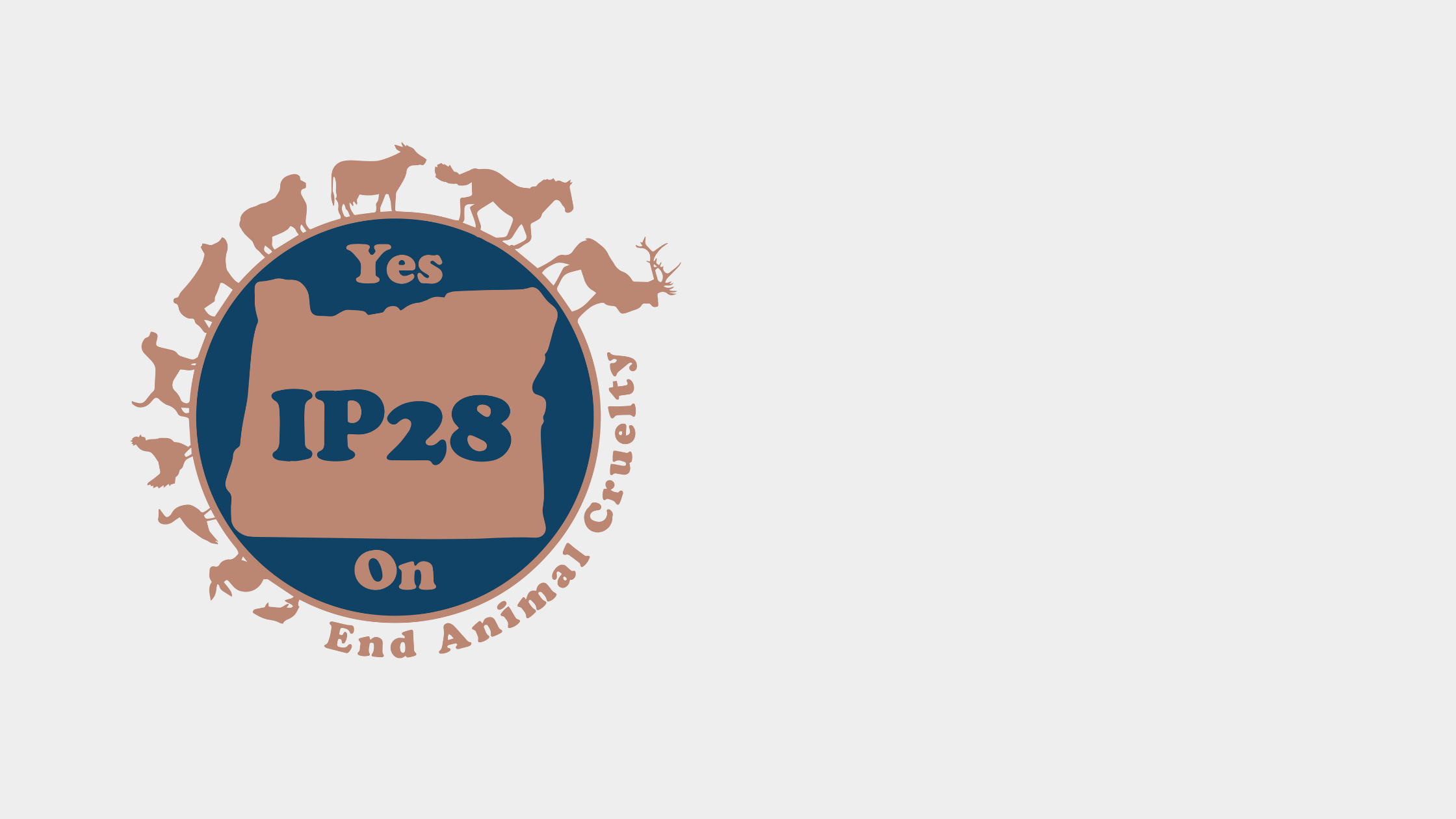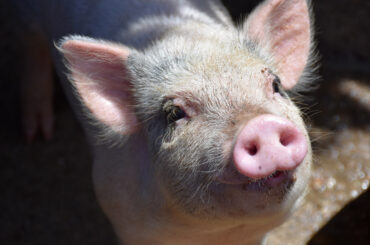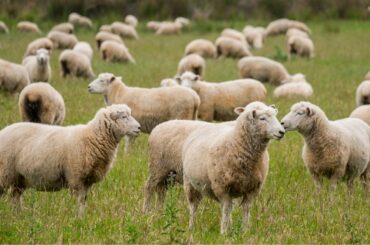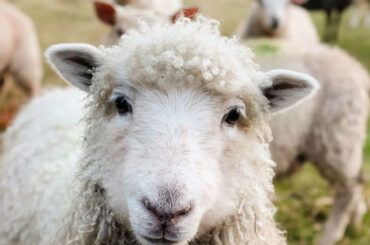In 2021, the IP13 initiative struggled to gather enough signatures to make it to the ballot but ultimately failed. However, this temporary relief from the radical animal rights proposal was short-lived. In March 2022, a new version emerged, known as P3, under the title “Abuse, Neglect, and Assault Exemption Modification and Improvement Act.” Fortunately, P3 also failed to gather the required 112,000 signatures for the November 2024 ballot. Unfortunately, the proponents of this initiative are back with a new proposal, IP28, aiming to be on the November 2026 ballot under the “People for the Elimination of Animal Cruelty Exemptions (PEACE) Act.”
It’s crucial for Oregon’s livestock industry that this does not become law.
IP28 aims to criminalize the use of animals for food, fiber, or companionship by outlawing practices such as artificial insemination, standard training methods, and common animal husbandry practices. This would lead to criminal records and prison time for farmers and pet owners. The initiative serves the ideological agenda of animal extremists, aiming to end animal agriculture and ownership.
Ballot Initiative History
IP13, proposed by David Michelson, a known animal rights extremist in Portland, sought to enact laws that would criminalize common practices in animal agriculture and veterinary care. The proposed changes were extreme, aiming to amend existing laws to make humane animal husbandry, fishing, and hunting illegal.
A particularly concerning aspect of IP13 was the redefinition of “sexual assault” on animals. Changes to Section 6 ORS 167.333, an existing animal cruelty law in Oregon, would have made normal reproductive practices impossible for farmers, ranchers, and veterinarians.
What was Petition 3 (P3)?
Similar to IP13, P3 used misleading language to misrepresent animal agriculture, pet ownership, and livestock ownership in Oregon. The proponents wanted citizens to believe that a “yes” vote would benefit animals, but their true goal was to criminalize common animal husbandry practices and undermine animal agriculture and pet ownership. For example, the proposed amendment to Section 7 ORS 167.332 sought to remove animals they deemed “abused” or “assaulted,” with definitions that included routine practices like tying up animals or performing certain veterinary procedures.
P3 Language Included Child Abuse
The language of P3 escalated the stakes by equating standard animal husbandry practices with criminal child abuse. The proposed amendments to Section 5 ORS 167.325 suggested that witnessing such practices could be considered child abuse if a minor was present. This was based on the idea that common training practices, which sometimes involve animals getting injured while tied up, could traumatize children, despite these practices being necessary for the animals’ safety and training.
The Steps Needed to Make This Oregon Law
Supporters of IP28 must first obtain 1,000 signatures to send it to the Oregon State Attorney General. After receiving an official title, they need an additional 112,000 signatures to place it on the 2026 ballot. The concern this time is that the initiative has financial backing for signature gathering, which was not the case with IP13.
What Happens if IP28 Becomes Law
If IP28 passes, it will set a dangerous precedent for other states to follow. Similar attempts to criminalize animal agriculture have been seen before, such as Colorado’s Initiative 16, which was fortunately dismissed on a technicality. It’s crucial to prevent such legislation from passing to avoid encouraging more extremist initiatives.
What We Can Do To Stop This
To stop IP28, it’s essential to spread the word and discourage people from signing the petition. If it makes it to the ballot, a statewide grassroots effort will be needed to ensure voters reject it. The fight against these extremist proposals requires collective action to preserve the traditional practices of animal agriculture and ownership.
